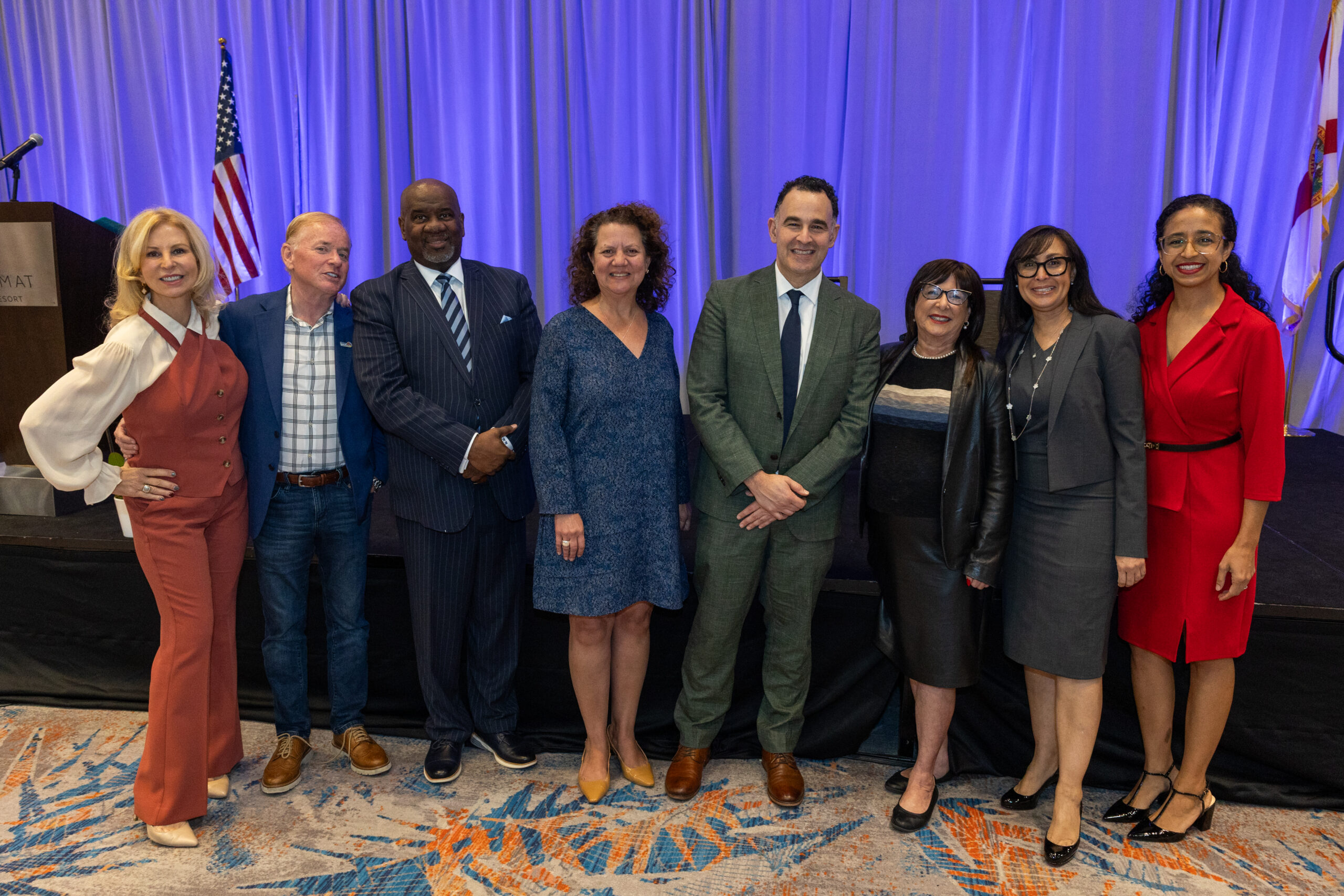By Manish Hirapara
As a founder & CEO, I know that I have an elevated level of responsibility to my team. That means I have to think about their well-being and self-care. At the beginning of a company’s lifecycle, well-being and self-care are not typically the highest priorities. Goals like growing revenue, finding customers and identifying product-market fit usually take precedence. After you’ve gotten past those, you begin to grow, and hiring great employees is usually part of that growth.
Once your startup has stabilized and you’ve found your rhythm, many questions that are specific to your team arise, such as, “What is our vacation policy?” In a fast-growing company, many employees are often all-in and work exhaustively to fulfill the needs of the business and satisfy their own ambition. On top of that, these employees often have added responsibilities at home, such as elderly parents, children and personal growth initiatives.
Burnout is real. In order to combat it, it’s essential to normalize advocacy for employees to take time off. How do leaders adopt policies that work for a fast-growing and ever-changing company? Often, they draw upon their past big-company experience—or worse yet, leave it to the newly hired HR person to come up with the answer. Too often, the maturing startup sets policies that confine and limit vacation time.
So what is the right vacation policy? Don’t focus on your vacation policy. Focus on your management structure instead. Create a great organization filled with strong leaders who are empowered to make decisions. Don’t let the bean counters calculate vacation time or institute policies that determine personal time by tenure, rank or title. Instead, let employees have meaningful conversations with their managers that allow them to take the appropriate amount of time off for their personal situation, as each situation is different. As long as the company and the work product are not affected, employees should be able to take all the time they need (or as little as they need).
As leaders, we have to practice what we preach and take time for ourselves as well. Your culture will start with you, so be sure to model the behavior you want to see in your team. Make clear that as a leader, you are taking time for yourself—and tell your direct reports to take time for themselves as well. Dedicated and driven employees will burn the candle at both ends, and sometimes you have to intervene on their behalf. In other words, advocate for them.
We put this policy into practice at PeakActivity several years ago. The experiment was an outstanding success. From a cost perspective, we had nothing to track on the books—no accrual, no hours owed, no negative vacation balances. From a morale perspective, employees and managers both felt extremely empowered. In many cases, employees tended to take less vacation and had to be encouraged to leave their work behind for a few days or weeks.
As it turns out, the big tech companies—Netflix and LinkedIn among them—have been at the forefront. As South Florida continues its increasingly likely quest to become a global tech hub, the companies in the tri-county region may want to reconsider their holiday time polices. Netflix did away with use-it-or-lose-it personal days and instituted mutual trust and communication—no counting days as long as the employee communicates when they’ll be away and generally where they’ll be.
At LinkedIn, there is no set minimum or maximum amount of vacation days an employee can take in a year. Instead, employees work with their managers to request time off when they need it. They even have an acronym for it: DTO—Discretionary Time Off. Just don’t expect us to use “DTO” at PeakActivity. (I wage a hellacious war on acronyms. I basically have banned them as far and wide as I can because they cheapen communication and cause confusion more than they add value.)
We’ll keep taking those discretionary vacations, though.














